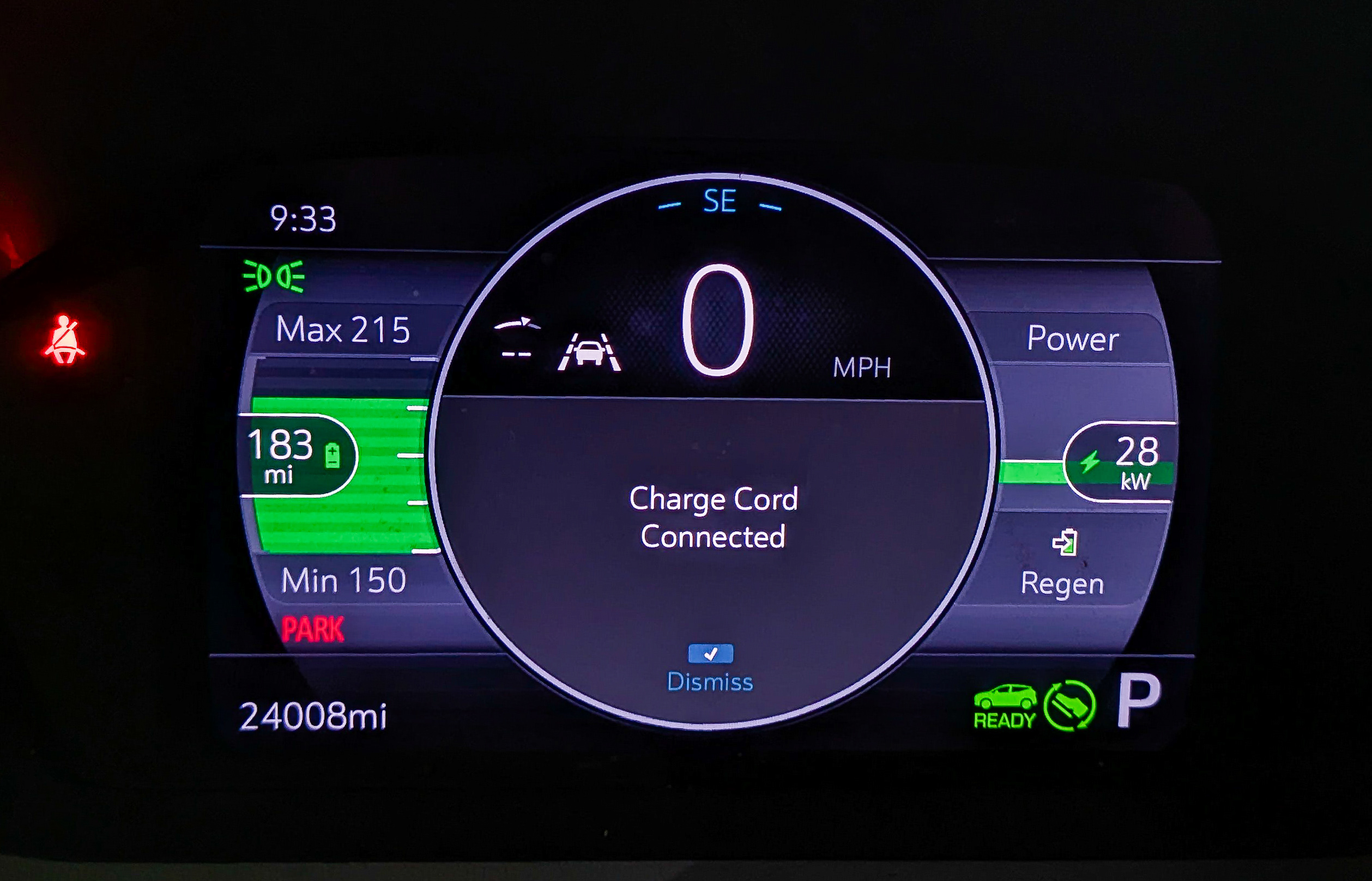
Courtesy of imgflp
The International Energy Agency (IEA) is doing what anyone approaching 50 does: buying a Harley having an identity crisis.
Key stakeholders of the global energy watchdog gathered in France this week to honor the organization’s half-century mark. While many celebrated its recent turn towards green energy and sustainability, not all IEA members are thrilled.
Background: The IEA was founded back in 1974 by the Organization for Economic Co-operation and Development (OECD) in response to the oil crisis a year earlier.
- The group’s original purpose was to organize a collective response to manage oil disruptions and promote energy security within its members.
The group has been aligned with oil producers for decades. As recently as 2017, Executive Director Fatih Birol — who previously worked for OPEC — told oil executives in Houston to invest and extract 670 billion barrels of new oil by 2040, per Reuters.
And then: In recent years, the Paris-based intergovernmental organization noticeably shifted its position, increasing its championing of green energy and climate action. This change was being debated at this week’s meeting.
- There are concerns within the IEA’s members that the organization has shifted from objective data analysis to pro-renewable policy recommendations. The group’s position that fossil fuel demand is set to peak later this decade is a view not shared by most member governments.
Why the change? The shift in messaging from Birol coincided with the election of US President Joe Biden, an administration focused on addressing climate change.
The organization has also shifted from providing forecasts to scenarios. This has caused concerns that readers may confuse the IEA’s Net Zero by 2050 scenario with a forecast.
Looking ahead: The US is a major funder of the IEA through the OECD. Should Donald Trump get elected in November’s election, questions are emerging about whether the IEA’s tone may shift again to align with one of its largest and most powerful sponsors. The IEA has rejected this idea.
Share This:




